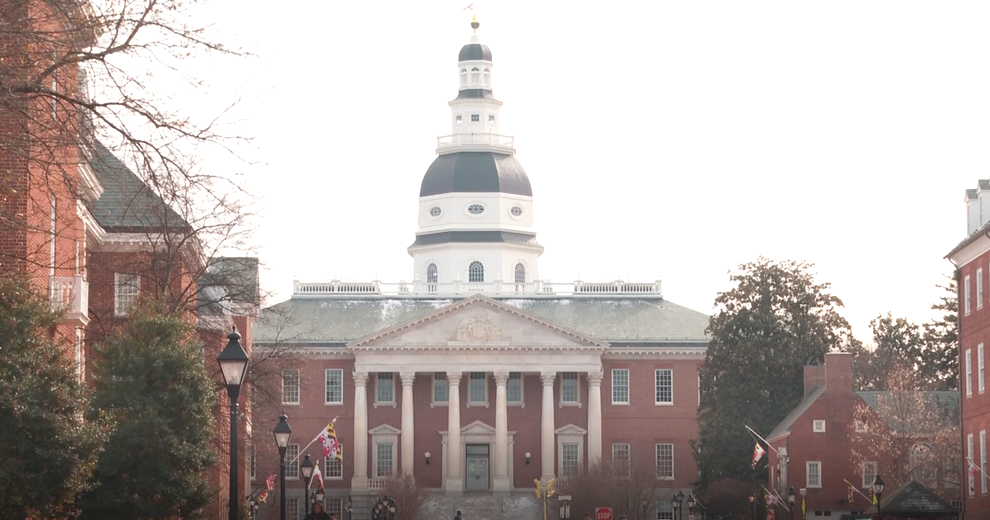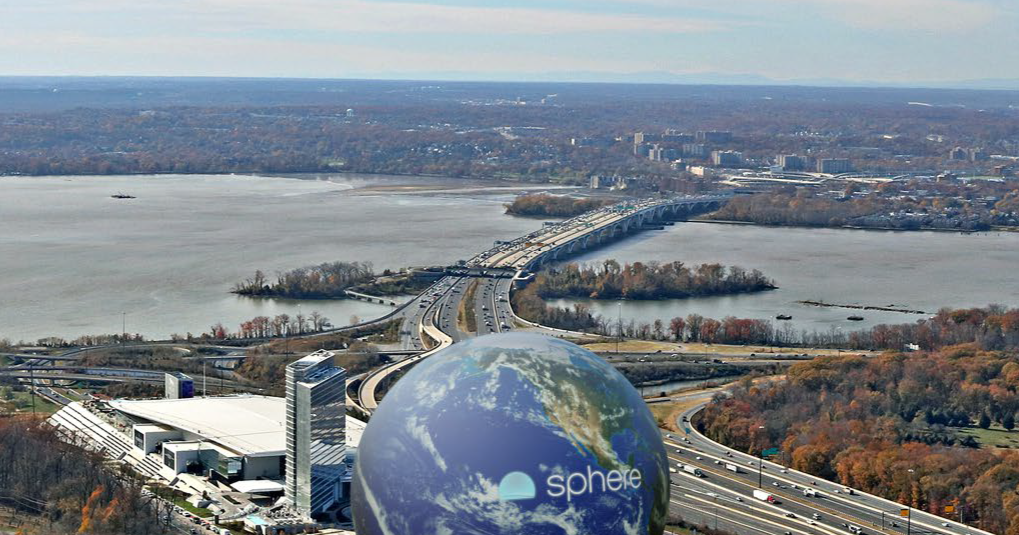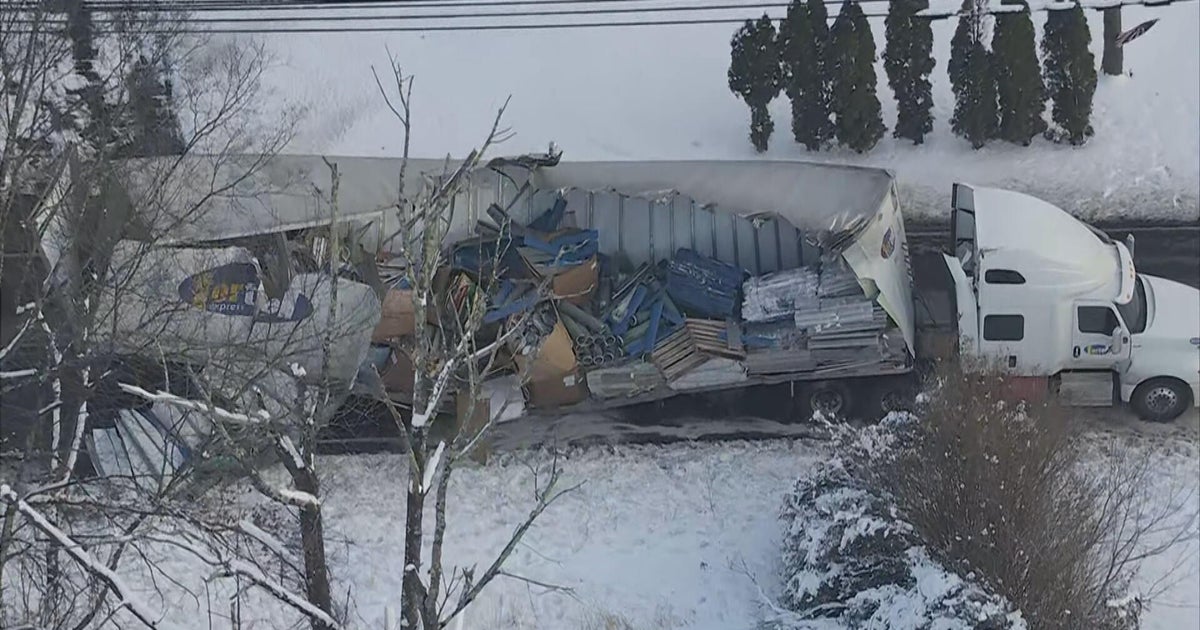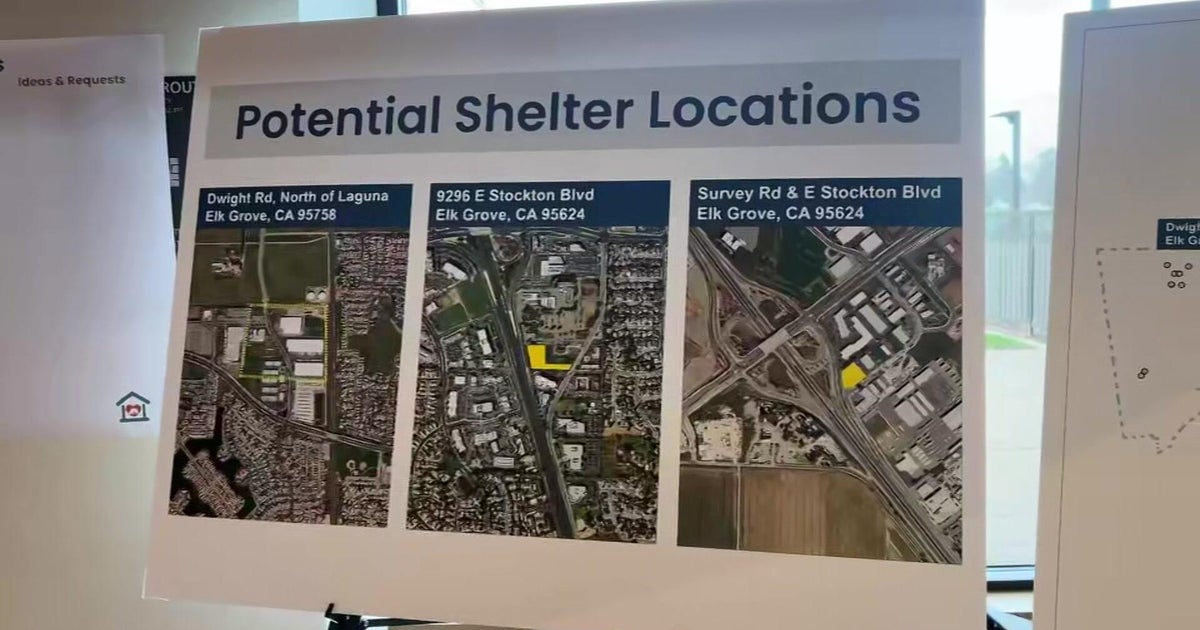Chesapeake Bay Foundation challenges permit for proposed Cecil County salmon farm
The Chesapeake Bay Foundation filed a petition Monday in Circuit Court for Cecil County challenging a permit for a proposed salmon farm.
The CBF is contesting the Maryland Department of the Environment's approval of a discharge permit that would allow AquaCon, a seafood production company, to release 1.9 million gallons of purge water per day directly into the river, which provides half of the total freshwater input to the Chesapeake Bay.
"Land-based salmon farms are relatively new and unpredictable," Paul Smail, CBF's Vice President for Litigation said. "Knowing the prior failures of these types of plants, and that the Susquehanna River is already overloaded with nutrient pollution, MDE's permit must protect against these risks."
What are the environmental concerns?
The CBF argues that additional discharge would contribute to nitrogen, phosphorus, and sediment pollution in the river, which could promote algae growth and create low-oxygen dead zones.
These conditions would reduce water clarity that underwater grasses in the Susquehanna Flats need to survive, according to CBF Maryland Staff Scientist Gussie Maguire.
"The Susquehanna River is already overloaded with nitrogen and sediment pollution that runs off of farms and suburban developments," Maguire said. "While we have made tremendous progress reducing that pollution, development pressure continues to strain the health of our waterways."
AquaCon's property is about five miles upriver from the Susquehanna Flats underwater grass beds, which provide habitat for many species including American and hickory shad, blueback herring, and alewife, the CBF said.
Chesapeake Bay restoration
Maryland leaders and environmental advocates have made ongoing efforts to improve the water quality of the Chesapeake Bay.
On Monday, Gov. Moore signed the Chesapeake Bay Legacy Act, a bill introduced by the Moore-Miller Administration that seeks to improve the Chesapeake Bay's water quality.
The act includes provisions for water quality trading credits for oyster restoration and updates to fisheries management.
Maryland's $600 million seafood industry and $3.2 billion tourism economy depend on improved water quality and habitat restoration, according to state leaders.
Maryland's shellfish aquaculture has an estimated economic impact of more than $13 million annually, with the state seeing a record number of aquaculture harvests within the last three years.
The Environmental Protection Agency says water clarity improvements like the ones being done to the bay could increase property values in the state.







